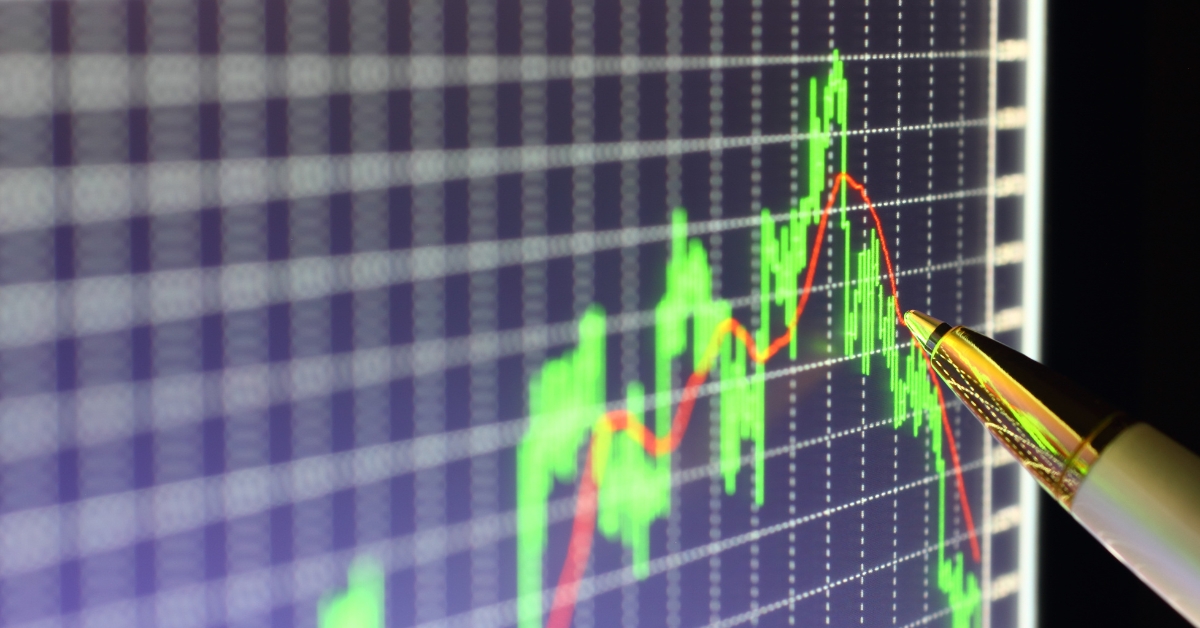Introduction
This blog provides a comprehensive overview of the Forex market, the world’s largest and most liquid financial market, highlighting key elements, participants, and factors influencing its dynamics, essential for international trade, investment, and financial management.
Key Participants in the Forex Market
1. Commercial Banks
Commercial banks are the primary participants in the Forex market, conducting significant currency trading for clients and their accounts, facilitating international transactions, and engaging in speculative trading.
2. Central Banks
Central banks like the Fed, ECB, and BoJ significantly influence the Forex market by managing national currency reserves, implementing monetary policies, and intervening to stabilize or devalue currencies.
3. Corporations
Multinational corporations use the Forex market for cross-border business operations, hedging against currency risks, and repatriating profits in foreign currencies.
4. Investment Funds
Hedge funds, mutual funds, and other investment vehicles engage in the Forex market to diversify their portfolios and capitalize on speculative trading and arbitrage opportunities.
5. Retail Traders
Retail traders, individual investors, and speculators engage in Forex trading through brokers’ online platforms to profit from currency price fluctuations.
Major Currency Pairs
Currencies in the Forex market are traded in pairs. Each pair consists of a base currency and a quote currency. The most traded currency pairs, known as major pairs, involve the US dollar and include:
- EUR/USD (Euro/US Dollar)
- USD/JPY (US Dollar/Japanese Yen)
- GBP/USD (British Pound/US Dollar)
- USD/CHF (US Dollar/Swiss Franc)
- AUD/USD (Australian Dollar/US Dollar)
- USD/CAD (US Dollar/Canadian Dollar)
These pairs account for a significant portion of the daily trading volume due to their liquidity and stability.
Factors Influencing Forex Market Dynamics
1. Economic Indicators
Economic data like GDP growth, employment, inflation rates, and trade balances significantly influence currency values, with strong performance typically strengthening a country’s currency and weak performance potentially leading to depreciation.
2. Interest Rates
Central banks’ interest rates affect currency values by attracting foreign capital, increasing demand for the currency, and potentially leading to appreciation or depreciation.
3. Political Events
Political stability and geopolitical events significantly influence the Forex market, impacting currency values, investor confidence, and the economic outlook through elections, government policies, international conflicts, and trade agreements.
4. Market Sentiment
Market sentiment, influenced by investor perceptions and risk appetite, significantly influences Forex dynamics, with positive sentiment promoting currency appreciation and negative sentiment causing depreciation.
5. Speculation and Market Psychology
Speculators and trading activities can significantly impact short-term currency movements, while market psychology, including herd behavior and news reactions, can lead to rapid and sometimes irrational price swings.
6. Supply and Demand
The economic principle of supply and demand influences currency prices, with high demand increasing value and oversupply leading to depreciation. Factors like exports, imports, foreign investment, and remittances influence supply and demand.
Trading Strategies in the Forex Market
Fundamental analysis predicts currency movements using economic indicators and news. Technical analysis uses historical price charts to forecast future movements. Carry trading involves borrowing at low interest rates and investing at higher interest rates to profit from interest rate differentials. Scalping and day trading are short-term strategies that require quick decision-making and market understanding to profit from small price movements.
Conclusion
Understanding key participants, major currency pairs and market dynamics is crucial for successful Forex trading. Staying updated on global economic developments and employing informed strategies can help you capitalize on market opportunities.
#ForexTrading #ForeignExchange #CurrencyMarket #ForexMarketDynamics #TradingStrategies #Investment #EconomicIndicators #MarketSentiment #GlobalFinance #FinancialMarkets



